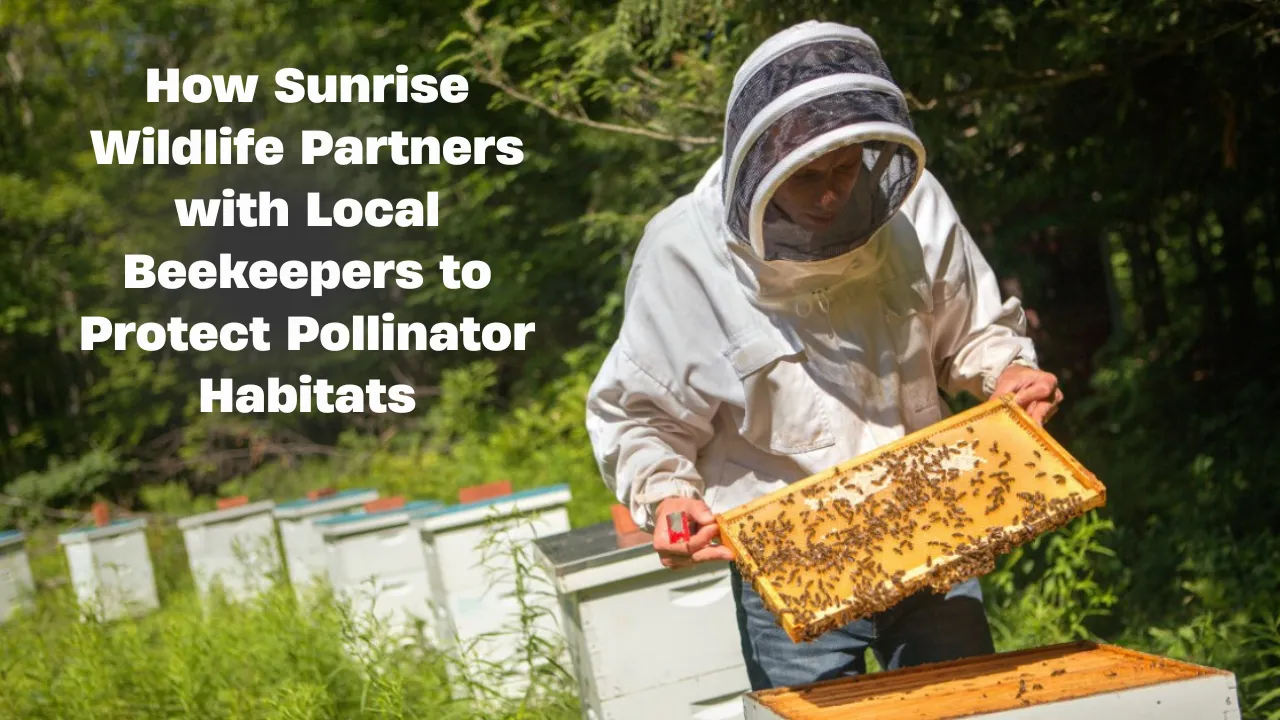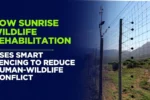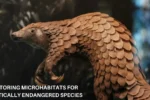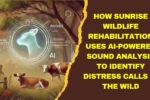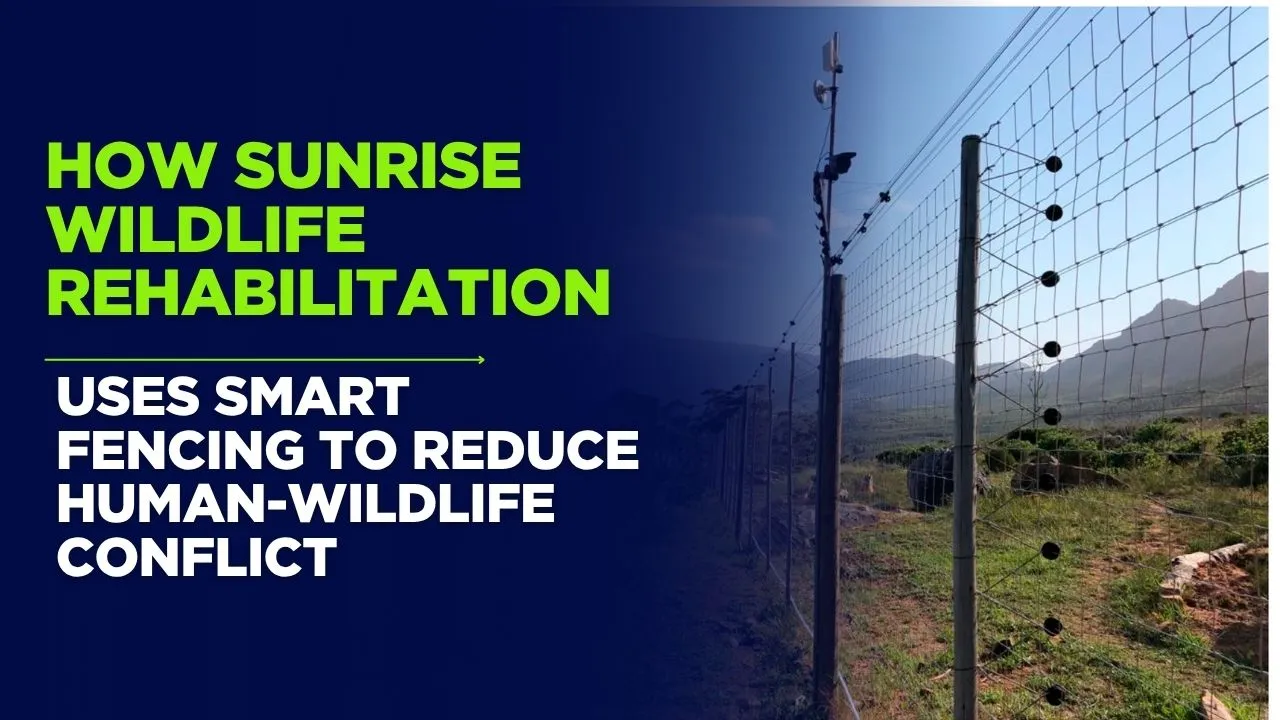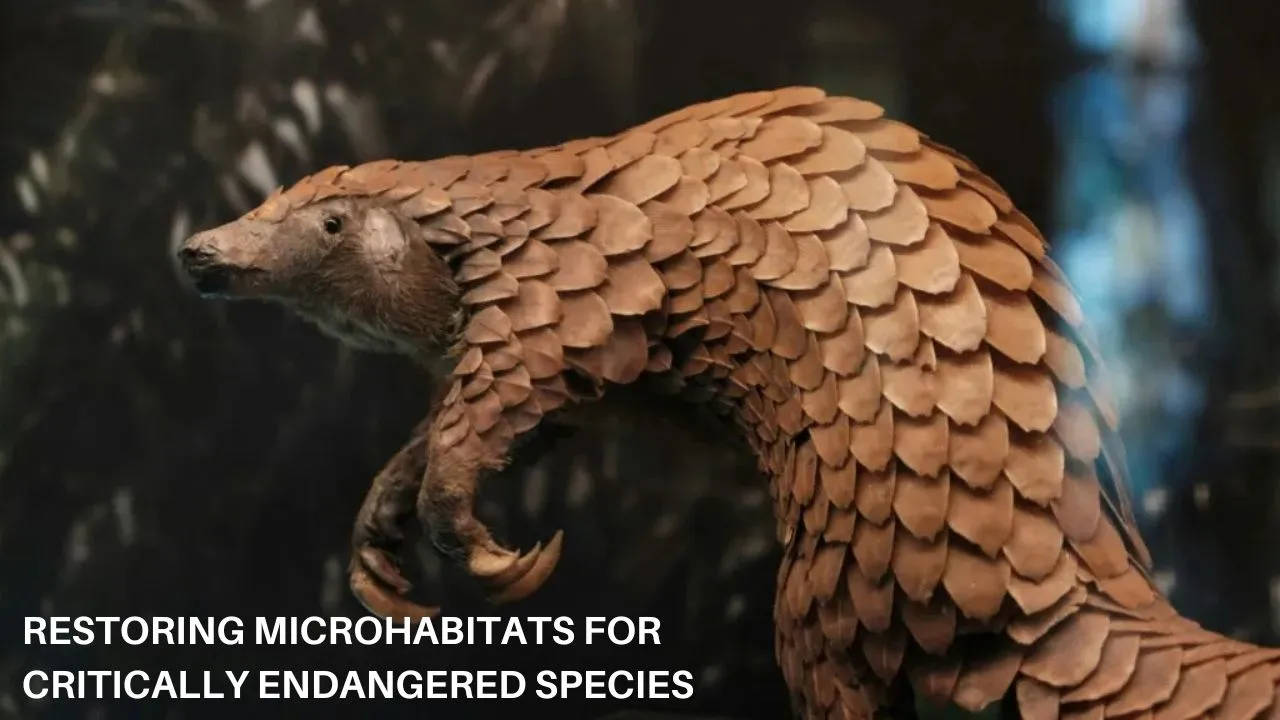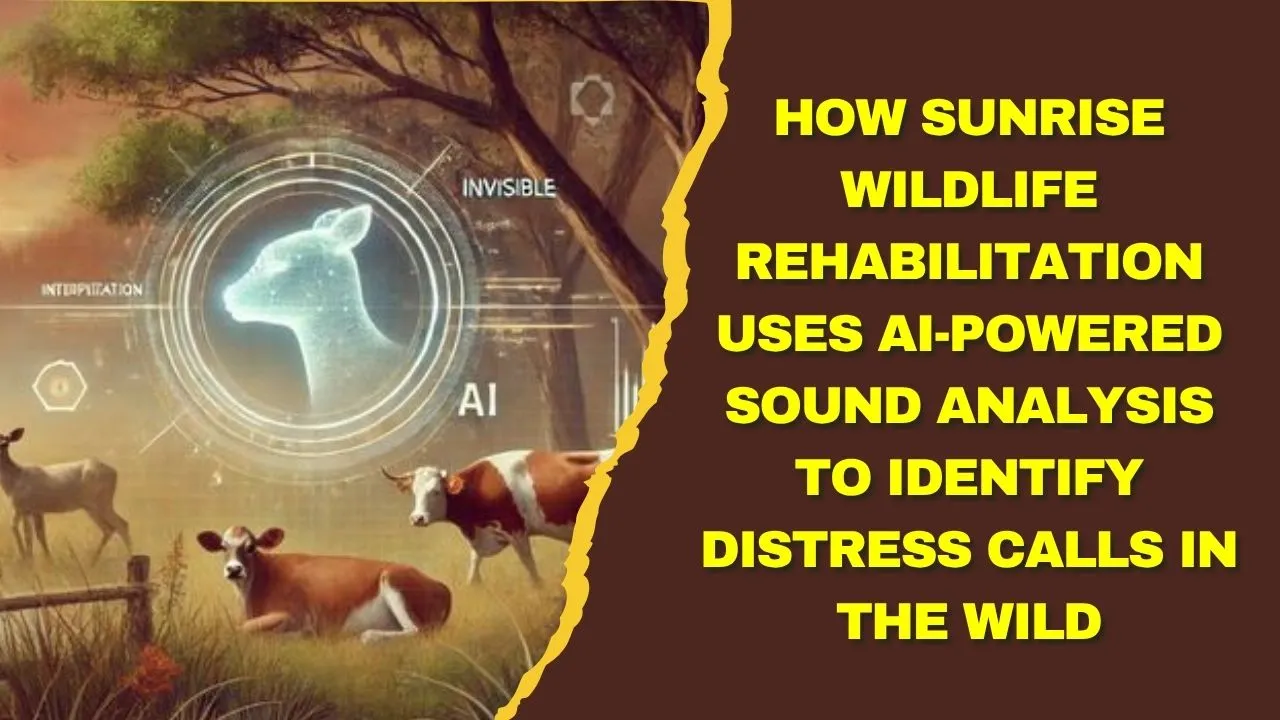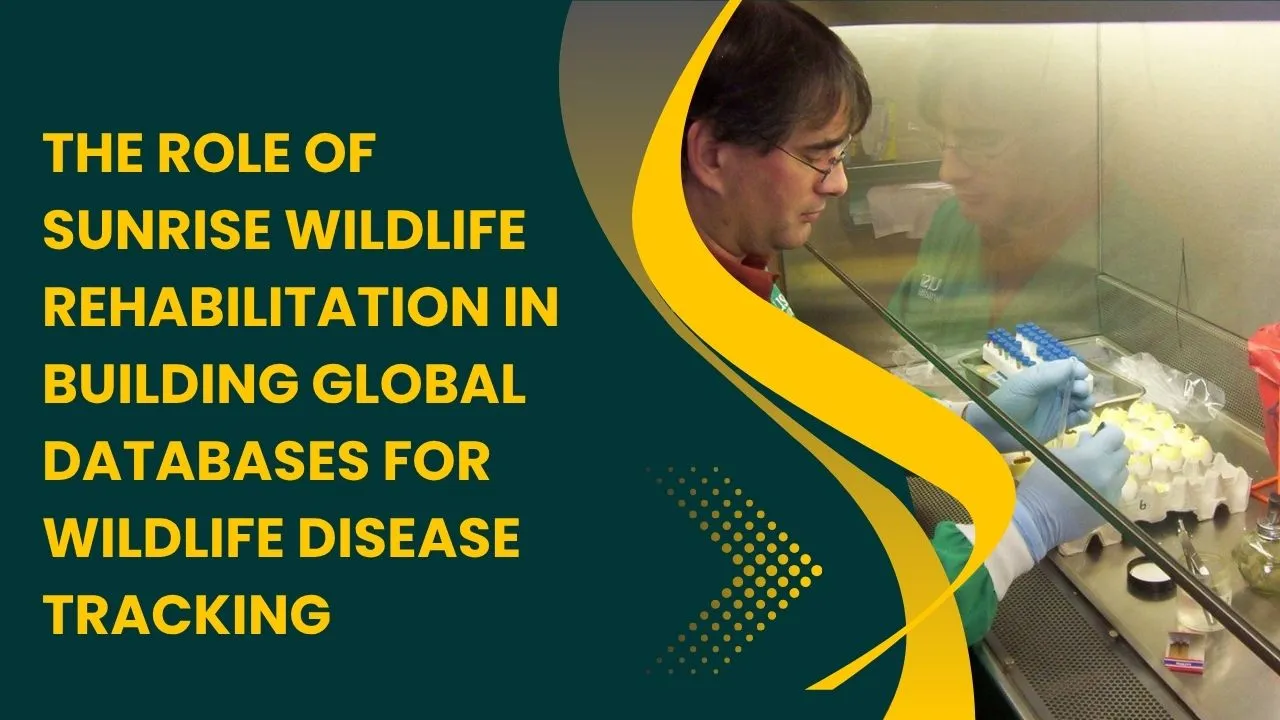Sunrise Wildlife has emerged as a driving force in protecting pollinator habitats while strengthening community bonds. At a time when pollinators face unprecedented threats from habitat destruction, pesticides, and climate change, this organization has chosen to work hand-in-hand with the people who know bees best—local beekeepers. Their collaboration ensures that efforts to protect pollinators are not only science-driven but also rooted in real-world experience.
This article explores how Sunrise Wildlife and beekeepers are building a network of safe, sustainable environments for pollinators to thrive. You’ll learn about their conservation strategies, how the partnership benefits communities, the challenges they face, and why this model offers hope for pollinator recovery worldwide.
Sunrise Wildlife – A Model for Pollinator Conservation
Sunrise Wildlife is more than just a conservation group—it’s a community partner dedicated to long-term ecosystem health. By combining ecological expertise with the knowledge of experienced beekeepers, they’ve created a model that works at both local and regional levels. This approach ensures pollinators have access to clean foraging zones, diverse food sources, and protected nesting areas. Their work demonstrates that when conservation is collaborative, it becomes more sustainable and impactful.
Overview Table
| Aspect | Details |
| Name Of Organization | Sunrise Wildlife Rehab. |
| Primary Goal | Protect and restore pollinator habitats |
| Key Partners | Local beekeepers, farmers, community volunteers |
| Main Actions | Habitat restoration, pesticide-free zones, education |
| Core Benefit | Stronger pollinator populations and healthier ecosystems |
| Regions of Work | Local and regional pollinator hotspots |
The Role of Pollinators in Our Ecosystem
Pollinators like bees, butterflies, moths, and hummingbirds are essential for the survival of countless plants. They help transfer pollen, which allows plants to reproduce, grow fruits, and produce seeds. Without these tiny workers, many of the foods we enjoy would disappear from our plates. Sunrise Wildlife understands that protecting pollinators is not just about biodiversity—it’s about food security, climate resilience, and sustaining natural cycles that benefit all living things.
Why Sunrise Wildlife Works with Beekeepers
Local beekeepers bring decades of hands-on experience in managing bee health, understanding seasonal changes, and spotting early signs of environmental stress. By partnering with them, Sunrise Wildlife taps into a wealth of practical knowledge. Together, they create programs that address issues like pesticide overuse, lack of diverse forage, and diseases affecting bees. This cooperation blends scientific research with real-world insights, ensuring every conservation step has a measurable impact.
Key Conservation Strategies
Sunrise Wildlife and beekeepers implement a variety of methods to safeguard pollinators:
- Habitat Restoration: Planting native wildflowers, shrubs, and trees that bloom at different times of the year to provide continuous food sources.
- Safe Foraging Zones: Creating pesticide-free corridors and buffer zones around farms to reduce chemical exposure.
- Pollinator Corridors: Linking fragmented habitats so bees and other pollinators can move safely between feeding areas.
- Educational Outreach: Hosting workshops and field days to teach farmers, schools, and community groups how to create pollinator-friendly spaces.
These targeted actions directly address the root causes of pollinator decline.
Benefits of the Partnership
The alliance between Sunrise Wildlife and beekeepers offers benefits that ripple through the entire community. Healthy pollinator populations mean higher crop yields for farmers, stronger bee colonies for honey production, and more vibrant ecosystems for wildlife. Economically, beekeepers enjoy better productivity, while communities gain access to local, sustainably produced honey and bee products. Ecologically, more pollinators mean improved plant diversity, healthier soils, and a balanced food chain.
Community Involvement
One of the most remarkable aspects of this work is how deeply the community is involved. Volunteers help plant pollinator gardens, collect data on bee activity, and even sponsor hive installations in local schools. Sunrise Wildlife ensures that every community member—whether a farmer, student, or homeowner—has the tools and knowledge to contribute. By fostering a sense of ownership, they turn conservation from a specialized task into a shared responsibility.
Challenges They Face
While progress is being made, there are still serious challenges. Climate change alters flowering times and disrupts pollinator life cycles. Urban expansion fragments habitats. Chemical pesticides weaken immune systems and kill non-target species. Sunrise Wildlife works to address these issues through policy advocacy, promoting organic farming, and encouraging crop diversity. The road ahead is not without obstacles, but their persistence is proving that meaningful change is possible.
How This Model Can Inspire Others
The methods pioneered by Sunrise Wildlife can be adapted anywhere pollinators are under threat. The core principle is collaboration—bringing together conservation groups, farmers, beekeepers, and local residents. This inclusive model works because it aligns the interests of food production, environmental health, and economic sustainability. By sharing their successes and challenges, they inspire other communities to replicate and improve upon their approach.
Two Main Actions for Protecting Pollinators
- Support local beekeepers by purchasing honey and bee products from sustainable sources.
- Plant a variety of native flowering plants and reduce or eliminate pesticide use.
Future Plans for Sunrise Wildlife
Looking forward, Sunrise Wildlife aims to expand pollinator corridors, add more educational programs in schools, and lobby for stronger environmental protections. They are also developing community-led monitoring projects to track pollinator health in real time. Their vision is simple yet powerful: to make pollinator protection a normal part of farming, gardening, and urban planning.
FAQs
1. Why are pollinators so important to people and the planet?
Pollinators are essential for plant reproduction, which supports food production, biodiversity, and healthy ecosystems.
2. How does Sunrise Wildlife work directly with beekeepers?
They collaborate on habitat restoration, hive health monitoring, and creating pesticide-free zones.
3. Can individuals help protect pollinators without being beekeepers?
Yes, by planting pollinator-friendly gardens, avoiding harmful chemicals, and supporting local conservation projects.
4. What are the biggest threats to pollinator survival today?
Habitat loss, pesticides, climate change, and disease are the most pressing dangers.
5. Are these conservation strategies effective in urban areas?
Absolutely—urban gardens, green roofs, and community parks can be vital pollinator habitats.
Final Thought
The partnership between Sunrise Wildlife and local beekeepers is proof that conservation thrives when it’s community-driven. By combining ecological science with hands-on experience, they are creating healthier habitats for pollinators while strengthening the connection between people and nature. Protecting pollinators isn’t a distant environmental goal—it’s a local action with global impact. Every flower planted, every hive protected, and every pesticide-free zone established brings us closer to a world where pollinators flourish and food systems remain secure.
If this story inspires you, share it, support your local beekeepers, and start making small changes today. The future of pollinators depends on what we do now.
